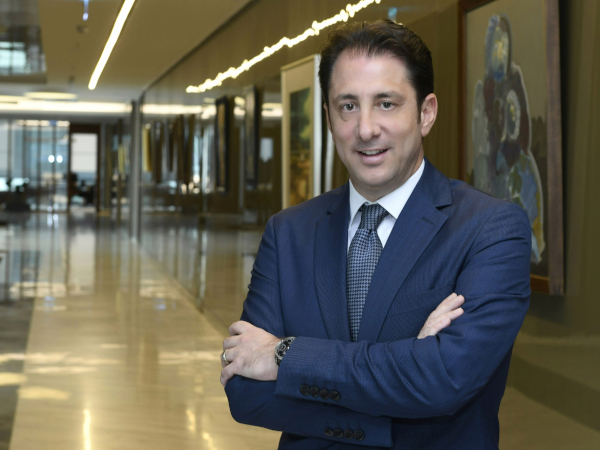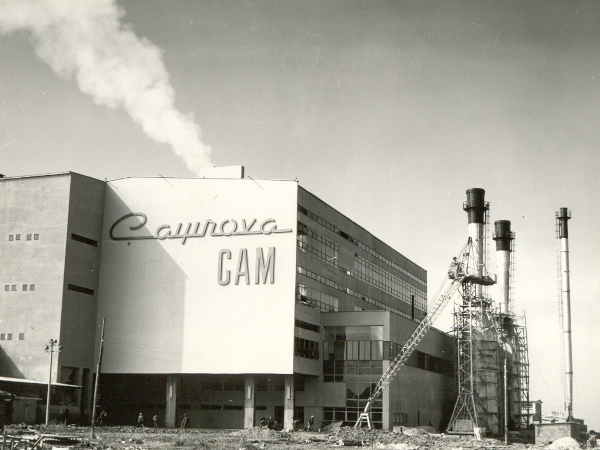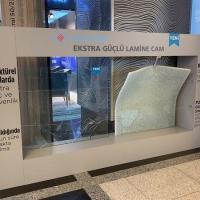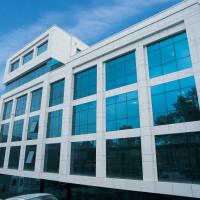Date: 11 July 2011
Pictured: Bulgarian PM Borisov (right) and Sisecam CEO Ahmet Kirman in the new Sisecam automobile glass factory in Targovishte, February 2011. Photo by BGNES
The new investment will expand the existing household glass production line launched in 2005, and will add a second production line in Sisecam's glass factories in Targovishte, which taken together are the largest glass plant in the Balkans.
A total of 200 new jobs will be opened with the new investment, Trakiya Glass Bulgaria HR head Krasimir Kanev said, as quoted by BTA.
The news about Sisecam's new investment in Bulgaria comes after back in February 2011 the company opened the "Sisecam" factory for automobile glass in the northeastern city of Targovishte.
Ahmet Kirman, CEO and chair of the board of Sisecam, pointed out back then that the investments of the Turkish company have turned the Bulgarian city of Targovishte into a center of glass production in the Balkans, and have provided direct employment to 1440 people, while also facilitating the creation of additional small and medium-sized enterprises working with the company on the local level.
The automobile glass investment was estimated at USD 25 M and created 130 jobs. The automobile glass plant was the fifth manufacturing facility of the Turkish glass giant, after the factory for household glass, launched in 2005; for flat glass, launched in 2006; the mirror line and the line for appliance glass from 2007. More than 1 500 workers are already employed at the five facilities.
Back in 2008, Turkish PM Recep Tayyip Erdogan visited to the Sisecam facilities in Bulgaria, saying that Sisecam could be expected to invest some USD 400 M more there. This was confirmed in February 2011 by Sisecam CEO Ahmet Kirman.
Sisecam's total investment in Bulgaria's Targovishte through its subsidiary Trakiya Glass Bulgaria amounts to some USD 400 M as of the srping of 2011. Kirman and the other managers of the Turkish glass giant have made it clear that they plan to build four more plants or production lines in Targovishte worth another USD 400, and to have a total of 2 500 workers in the Bulgarian city if the Bulgarian government meets their requests for tax breaks.














Add new comment